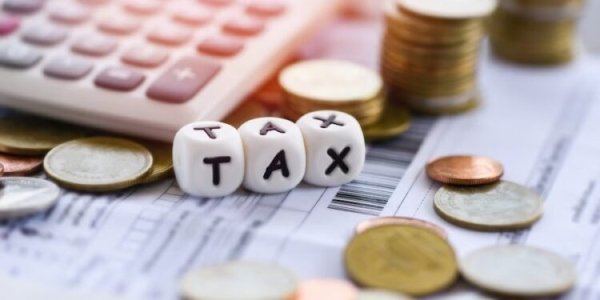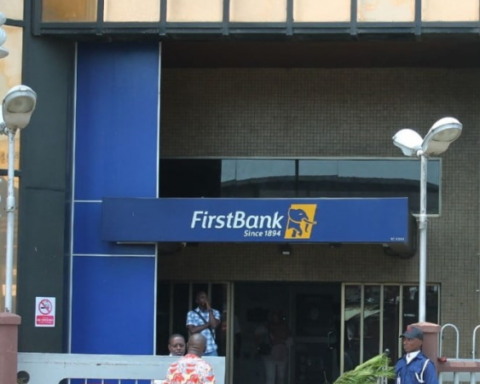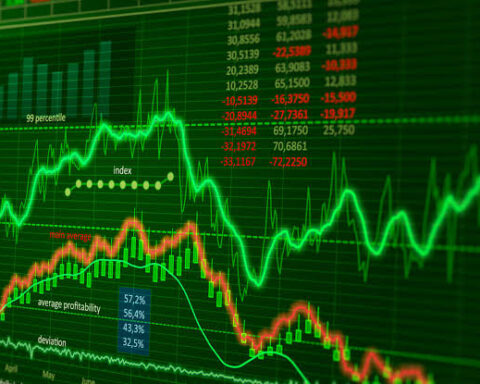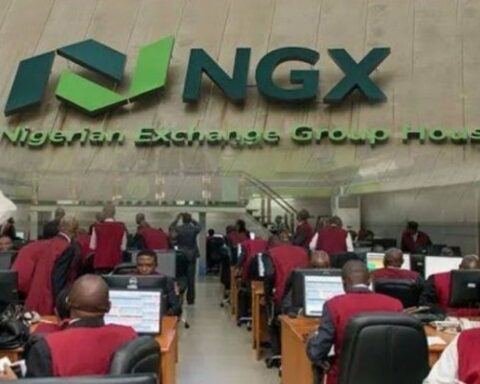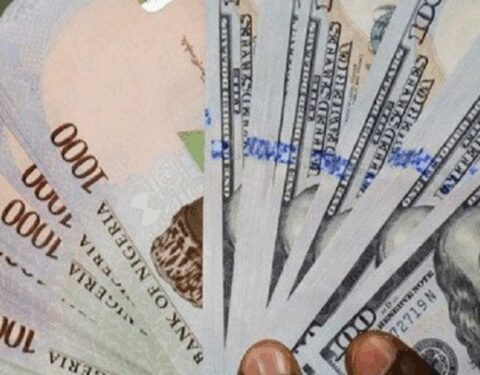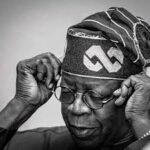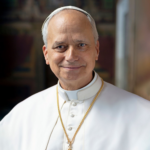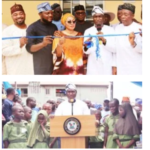Oxfam, a global confederation of 21 independent charitable organizations that work together to fight poverty, inequality, and social injustice has exposed a shocking wealth disparity in Nigeria, warning that without urgent actions, the country faces the risk of a social crisis.
Two detailed reports, “Income and Wealth Inequality in Nigeria: Trends and Drivers” and “Taxing the Rich: Fair Tax Monitor,” reveal the deep-rooted inequality across the nation.
The studies highlight that more than 99% of Nigeria’s wealthiest citizens avoid or evade taxes, while millions of Nigerians remain trapped in poverty.
John Makina, Oxfam’s Country Director in Nigeria, expressed concern over the widening gap between the super-rich, who continue to accumulate vast wealth, and the millions who struggle daily to afford basic necessities. He pointed to complex tax laws and a lack of transparency that allow the wealthy to escape paying their fair share, depriving Nigeria of vital revenue needed for social protection and programs aimed at reducing inequality.
Despite being Africa’s fourth-largest economy, Nigeria’s wealth distribution is one of the most unequal in West Africa, with a Gini coefficient of 35.1. The report reveals a stark contrast: the richest Nigerians could spend N1 million per day for 42 years without running out of money, while nearly 70% of the population lives in hunger, with women and children disproportionately affected.
Auwal Musa Rafsanjani, Executive Director of the Civil Society Legislative Advocacy Centre (CISLAC), commended Oxfam’s efforts and urged the organization to continue raising awareness of these critical issues.
He emphasized the need for comprehensive development frameworks to address rising inequality, lamenting that since Nigeria’s return to democracy, only one such framework has been implemented. This lack of planning, he argued, leads to incomplete and abandoned projects across the country, despite allocated funding.
Rafsanjani also condemned widespread corruption, which he called the “liberalization and democratization” of theft, noting that funds meant for essential services like water, education, and healthcare are frequently diverted or stolen, further deepening inequality by denying vital resources to those in need.
Oxfam has called on the Nigerian government to introduce progressive wealth taxes, increase social investments and implement pro-poor policies to address the growing inequality.
A mere 1% tax on the country’s wealthiest individuals could generate over $7.5 billion annually, which could significantly enhance funding for healthcare, education, and rural development.
The report warns that if the inequality crisis is not addressed promptly, Nigeria could face widespread social unrest. Assalama Sidi, WAF-Oxfam International Regional Director, stressed the broader impact of Nigeria’s economic stability on the African continent, stating, “When Nigeria rises, Africa rises.”
She also warned that “when things go wrong in Nigeria, the whole of West Africa, if not all of Sub-Saharan Africa, is impacted.”
Sidi emphasized that while Nigeria is Africa’s largest economy, it is also home to a significant portion of the world’s poorest people, underscoring the urgent need for change. She noted that rising inequality in Nigeria can be reversed if there is sufficient political will and decisive action. Alarmingly, only 5 to 7% of the national budget is allocated to critical social services such as healthcare and education, leaving vulnerable populations, especially women and children, at a severe disadvantage.
